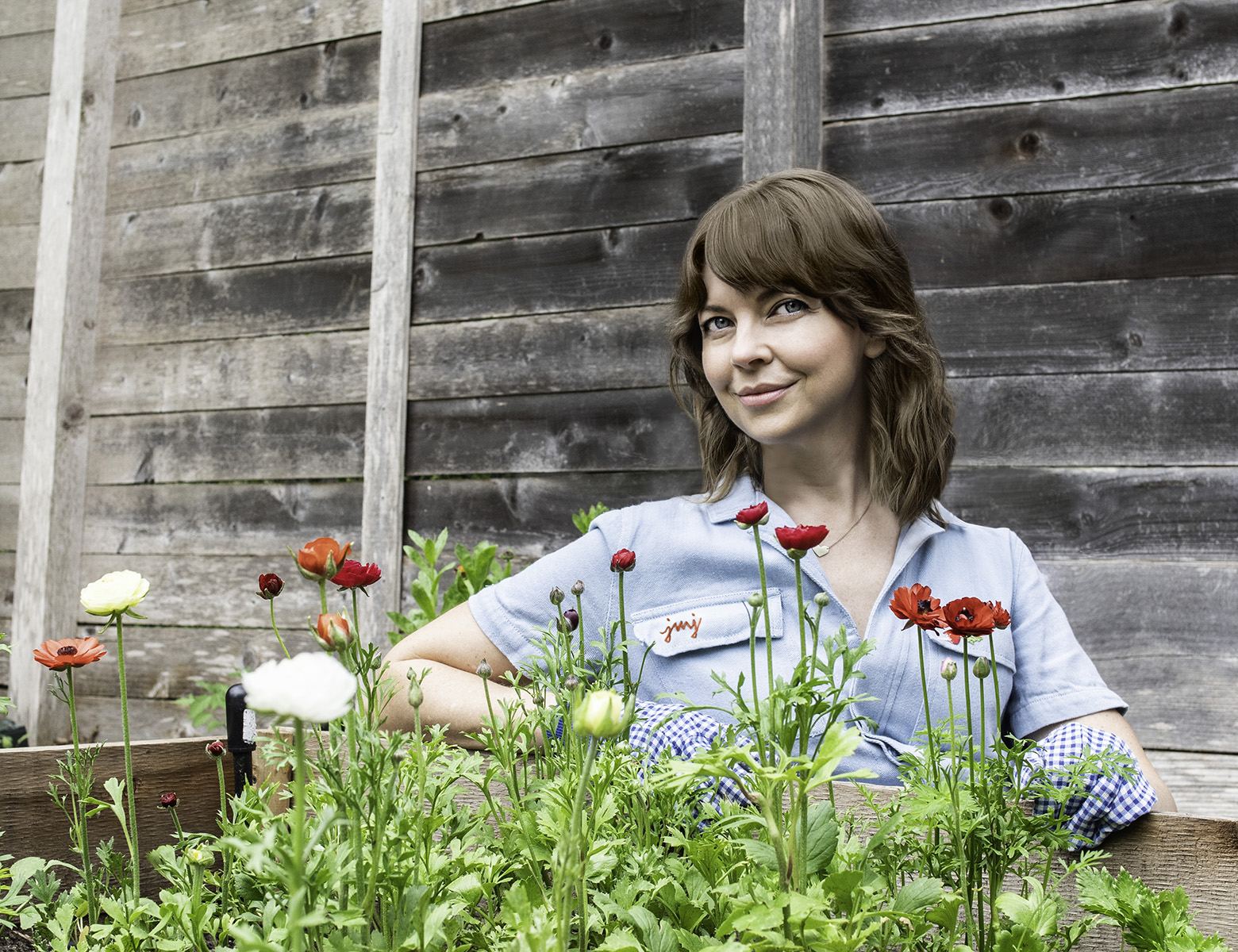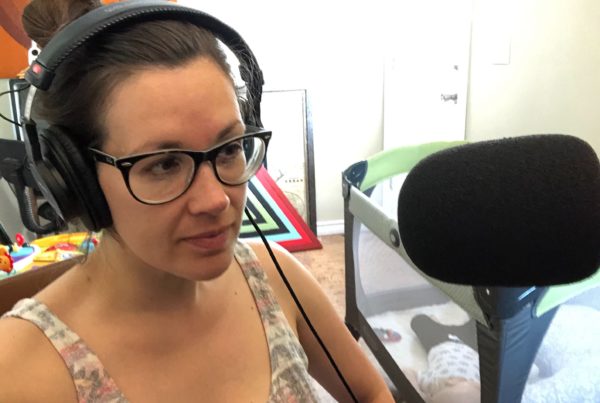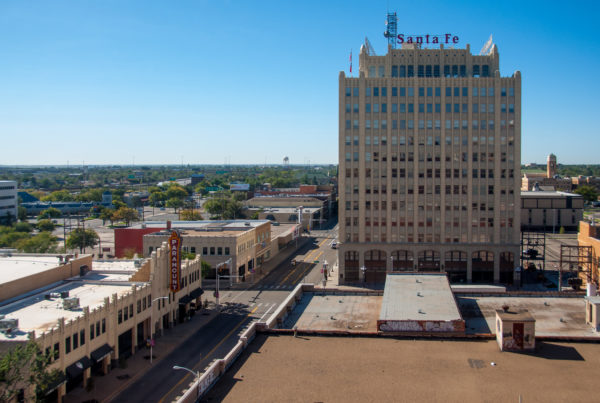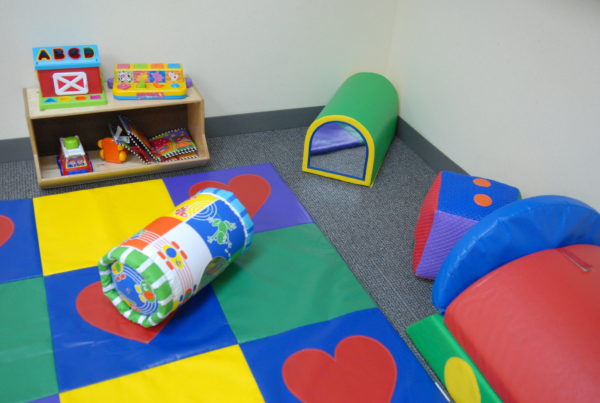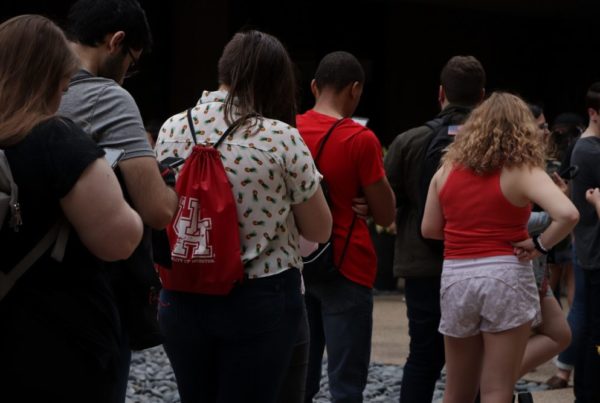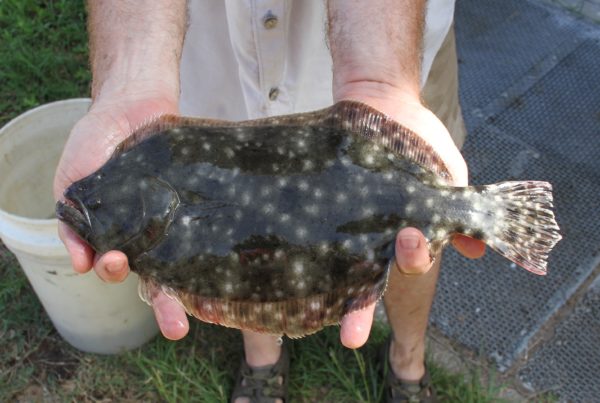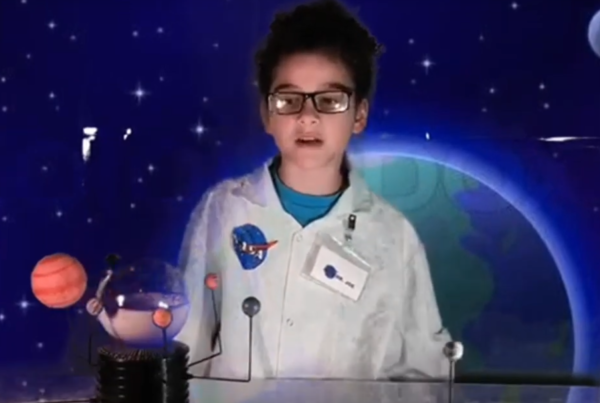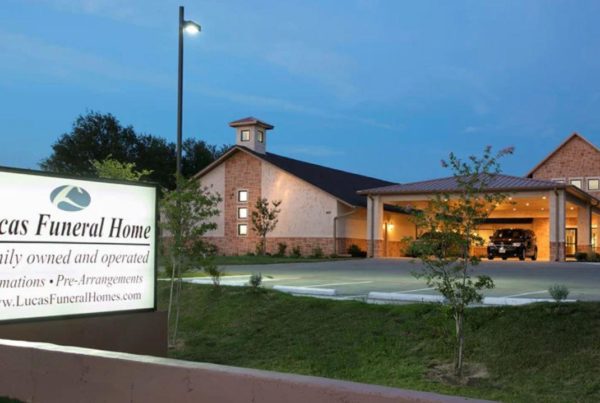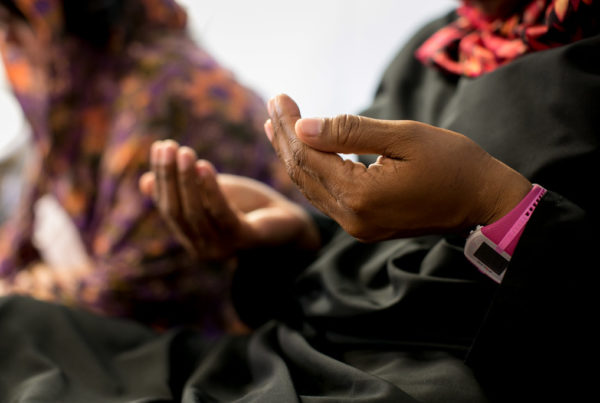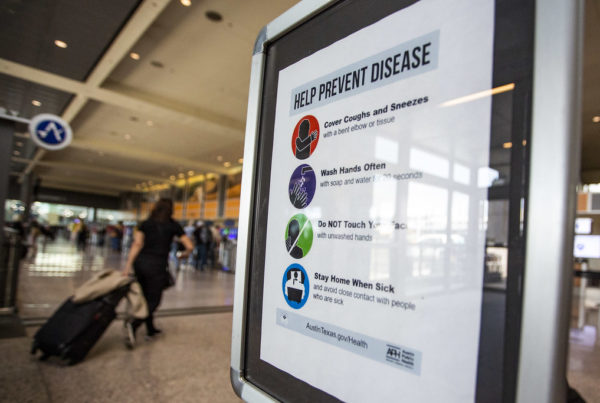The pandemic didn’t make Jennymarie Jemison take up gardening. But it did give her a new sense of purpose while tending to her plants.
“I mean honestly this is the best time to be a gardener,” Jemison said. “I love having my garden, I don’t know what I would do without it. And that’s one of the reasons I wanted to share it with other people.”
Jemison picked up gardening about a year ago while she was recovering from an illness, and documented her gardening journey on Instagram. Then, when COVID-19 reached Austin and the city’s stay-at-home order went into effect, her followers started reaching out asking for tips. That gave her the idea of starting Stay Home Garden Club, an online guide for beginners wanting to get started while in quarantine.
“People want a sense of control, something they can do themselves,” she said. “I feel like agency has kind of been taken away from people.”
That’s not just a current phenomenon, either. Americans have a long history of gardening in times of uncertainty.
“When there is some big kind of existential threat, whether its war or pandemic, gardening and the ability to produce our own food becomes much more valuable, and that seems to be almost timeless,” said Zachary Doleshal, an assistant professor of history at Sam Houston State University in Huntsville.
While growing our own food is as old as civilization itself, he says there are several movements in American history where amateur gardening helped build and sustain communities.
One of the earliest examples were freedom villages, which were communities of freed slaves that came together during Reconstruction.
“Hundreds of thousands of people who were enslaved and now they’re liberated and they need to make it on their own, with their own knowledge” Doleshal said. “And one of the things they can rely on is their knowledge of the soil.”
Excluded from society, members of these communities came together and grew fruits and vegetables to feed themselves and sell for a profit.
Fast forward several decades to World War I and World War II, and you’ve got the birth of “victory” gardens. Doleshal said the government created groups like the Women’s Land Army and the National War Garden Commission to encourage Americans to grow their own food as a way to help out the war effort.
“You hear ‘army, war,’ these were organizations modeled after the military that would try to, and did organize these people that were not really gardeners into gardeners,” he said. “So in the American imagination it really sort of creates food production as a national security issue”
He said that push not only helped in a material way, but it also built a sense of pride and connectedness among communities.
That’s what Lauren Maples is trying to do with her organization, Partners for Education, Agriculture and Sustainability, or PEAS.
“When we talk about being resilient in a community, it’s about having the tools and resources to go beyond just sustaining our lives,” Maples said. “But we need to be able to bounce back from these difficulties that have been facing us over the years”
Maples is the founder and executive director of the Austin-based nonprofit that, during normal times, works with local schools to teach kids about growing food. But with local schools closed for the remainder of the academic year, she had to shift her focus.
“We started this resiliency garden program to help support families that may be facing economic challenges or have food insecurity, to give them some tools to grow their own food at home,” she said.
She said that now more than ever, people can use gardening to reclaim power in their lives. And that’s especially true for people who have lost income during the pandemic.
“I feel like many of the systems, political systems and others, have created a lot of invisible barriers for people and realizing how much power they really have in their own lives, especially for things like growing food,” Maples said.
Whether as a hobby or a tool for frugality, one thing is true – gardening has documented health benefits. A 2017 report that looked at 22 different studies of gardening found that it can have positive impacts on social, physical, and psychological health.
Jemison knows that’s true, after using gardening to heal from her illness. And she hopes that it can help others through her Stay Home Garden Club, even when the future seems uncertain.
“It gives you something to do that is outside of yourself and outside of your house,” she said. “It also is a way to see that time is actually passing. You see a plant grow from a seed to a mature plant, and that’s real. And there’s also a sense of accomplishment in that.”


